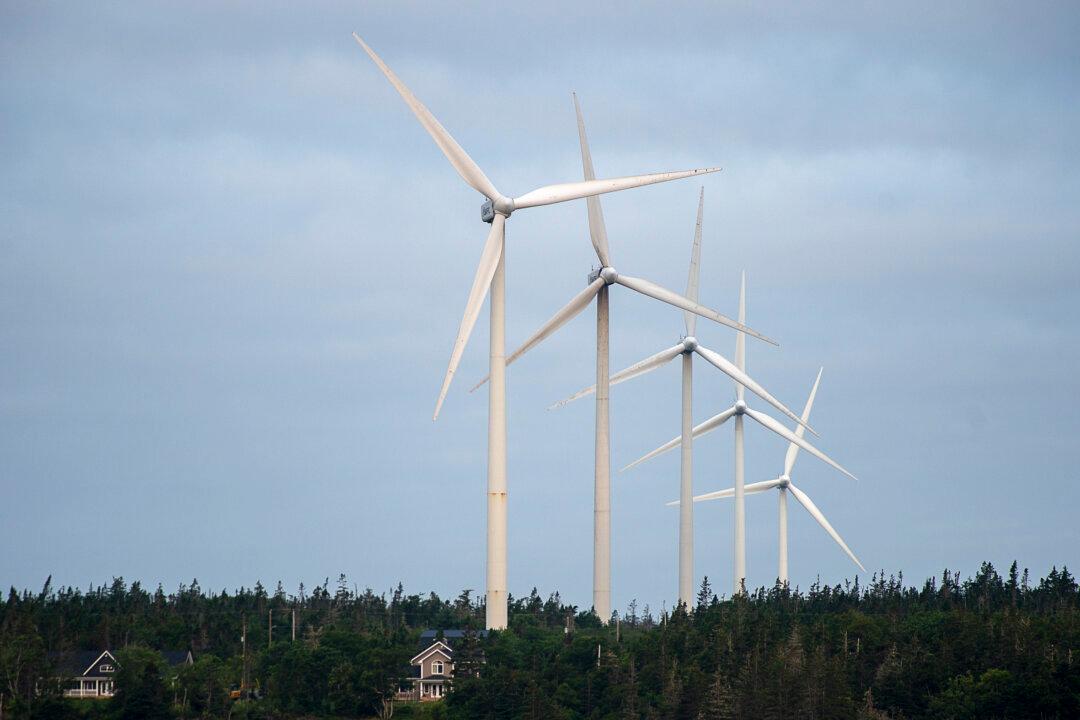The year 2022 was one of energy upheaval. In the long run, analysts expect this to work in favour of clean energy, but for now those stocks are taking it on the chin.
For two straight years, oil and gas has been the best-performing sector in the stock market, but despite the billions governments are pumping into the green transition, “cleantech” stocks have fallen precipitously for two straight years.
Cleantech encompasses more than just renewable energy. It also includes companies that are perceived to benefit from the transition toward clean or renewable energy and those that are reducing or eliminating the environmental impacts of their operations.
In a Dec. 20 Arc Energy Ideas podcast, Peter Tertzakian, deputy director of the ARC Energy Research Institute, explained how he predicted 2022 would be a tough year for cleantech and that spending would fall short of expectations.
“The cost of the materials to build out clean energy infrastructure went up as a consequence of broad inflation. But then there was the rising interest rates, and because a lot of these big infrastructure projects are levered or financed by bank debt, whenever interest rates go up that chews into the profitability and the spending as well,” he said.
One factor among higher commodity prices hurting cleantech is the price of lithium skyrocketing in 2022.
Tertzakian added that the barriers facing energy transition are not necessarily technological.
“It’s actually just all the social, bureaucratic kind of issues that stand in the way—entrenched policies, new policies that are excessively onerous in terms of regulatory [burden].”
Two Camps of Investors
Jackie Forrest, executive director of the ARC Energy Research Institute, spoke on the podcast about how the universe of investors might be splitting into two—those interested in buying oil and gas companies due to cheaper valuations and those that don’t want to be associated with high emitters.
In addition, the pushback against environmental, social, and governance (ESG) gained steam in 2022 with a number of U.S. states divesting or threatening to do so from funds that made ESG commitments.
“This whole theory that you hold oil and gas in your portfolio to help you during periods of inflation, that certainly showed that it worked this year,” Forrest said.
In 2022, the XLE energy sector exchange-traded fund (ETF) returned a whopping 57.6 percent while the broader market as measured by the S&P 500 fell nearly 20 percent—its worst performance since 2008.
However, the PBW clean energy ETF fell 46.3 percent. Other clean energy ETFs were also down—First Trust Nasdaq QCLN fell 27.3 percent and the iShares ICLN fell 6.2 percent.
The Canadian story is similar. The TSX energy sector returned 30.3 percent, while a basket of the largest Canadian cleantech firms making up over 80 percent of the sector lost 17 percent.
The weight of public opinion in stock markets is taking a very negative stance on cleantech, which is a growth industry. Investors pivoted away from growth in 2022 as evidenced by the sharp plunge of the tech-heavy Nasdaq index, which plunged 33.1 percent.
Markets also don’t like uncertainty and tend to reward sound stewardship of assets, as has been exhibited by the oil and gas companies whose management has been able to weather tough times and are now providing solid returns to shareholders through dividends and share buybacks. The cleantech firms haven’t established that track record.





